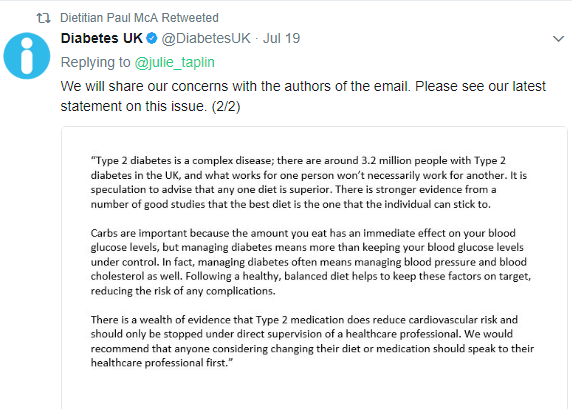INTRODUCTION
To answer the questions that arise in relation to a patient’s clinical situation, medical decisions need to be made according to the principles of evidence-based medicine. At this time, the benefits and risks of glycaemic control in patients with type 2 diabetes require painstaking reconsideration.1
Even if chronic hyperglycaemia is a risk marker for some macro- and microvascular complications, that does not mean ipso facto that its reduction by one or several hypoglycaemic drugs is systematically beneficial to patients from a clinical point of view. The potential benefits derived from pharmacological glycaemic control can be counterbalanced by frequent and/or severe clinical adverse events. For example, numerous hypoglycaemic drugs have either not been made commercially available or have been withdrawn from the market in France because their risk–benefit ratio was deemed unfavourable: tolbutamide, phenformin, troglitazone, rosiglitazone, pioglitazone, benfluorex, rimonabant, muraglitazar, and aleglitazar. This was even though they pronouncedly reduced blood glucose level (on average from 0.5% to 2% of HbA1c). The main reason has had less to do with their clinical adverse events than with the lack of evidence of their clinical benefits. Had the efficacy of these drugs been demonstrated in terms of reduced morbidity and/or mortality, they would probably be on the market.
To sum up, the scientific rationale for pharmacological treatment of patients with type 2 diabetes depends on the answers to two major questions:
Is there any evidence derived from randomised controlled trias (RCTs) demonstrating that glycaemic control reduction translates into clinical benefits?
If yes, do current treatments have a clinically favourable risk–benefit ratio?
http://bjgp.org/content/67/655/85
Not to worry DUK reckons there's a wealth of evidence that T2 drugs are safe
 Bear in mind DUK need to keep their Big Pharma partners happy
Bear in mind DUK need to keep their Big Pharma partners happy 
https://www.diabetes.org.uk/Get_involved/Corporate/Acknowledgements/
To answer the questions that arise in relation to a patient’s clinical situation, medical decisions need to be made according to the principles of evidence-based medicine. At this time, the benefits and risks of glycaemic control in patients with type 2 diabetes require painstaking reconsideration.1
Even if chronic hyperglycaemia is a risk marker for some macro- and microvascular complications, that does not mean ipso facto that its reduction by one or several hypoglycaemic drugs is systematically beneficial to patients from a clinical point of view. The potential benefits derived from pharmacological glycaemic control can be counterbalanced by frequent and/or severe clinical adverse events. For example, numerous hypoglycaemic drugs have either not been made commercially available or have been withdrawn from the market in France because their risk–benefit ratio was deemed unfavourable: tolbutamide, phenformin, troglitazone, rosiglitazone, pioglitazone, benfluorex, rimonabant, muraglitazar, and aleglitazar. This was even though they pronouncedly reduced blood glucose level (on average from 0.5% to 2% of HbA1c). The main reason has had less to do with their clinical adverse events than with the lack of evidence of their clinical benefits. Had the efficacy of these drugs been demonstrated in terms of reduced morbidity and/or mortality, they would probably be on the market.
To sum up, the scientific rationale for pharmacological treatment of patients with type 2 diabetes depends on the answers to two major questions:
Is there any evidence derived from randomised controlled trias (RCTs) demonstrating that glycaemic control reduction translates into clinical benefits?
If yes, do current treatments have a clinically favourable risk–benefit ratio?
http://bjgp.org/content/67/655/85
Not to worry DUK reckons there's a wealth of evidence that T2 drugs are safe
- Johnson & Johnson
- Lilly Diabetes
- Novo Nordisk
- Sanofi
https://www.diabetes.org.uk/Get_involved/Corporate/Acknowledgements/


